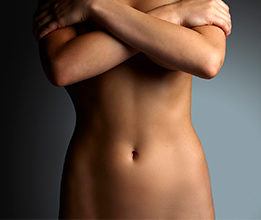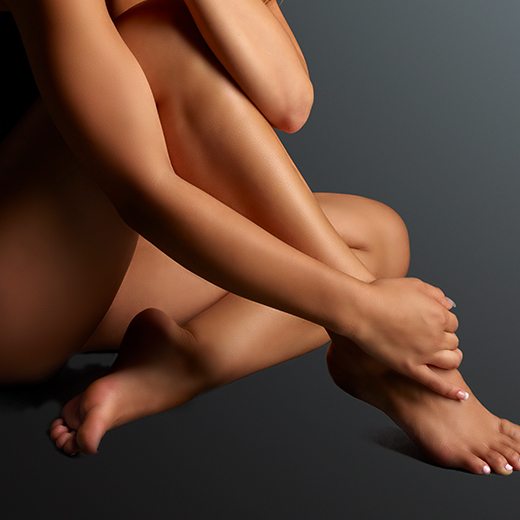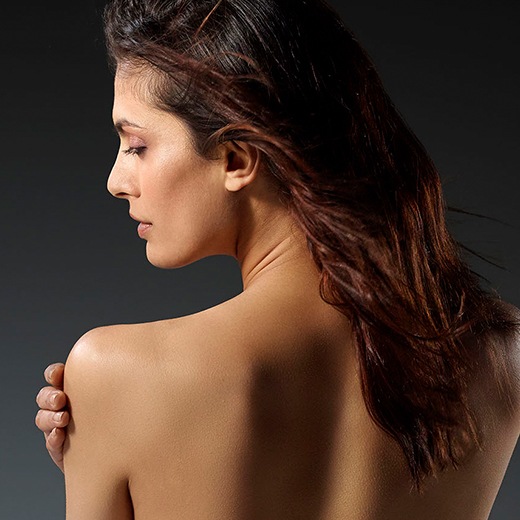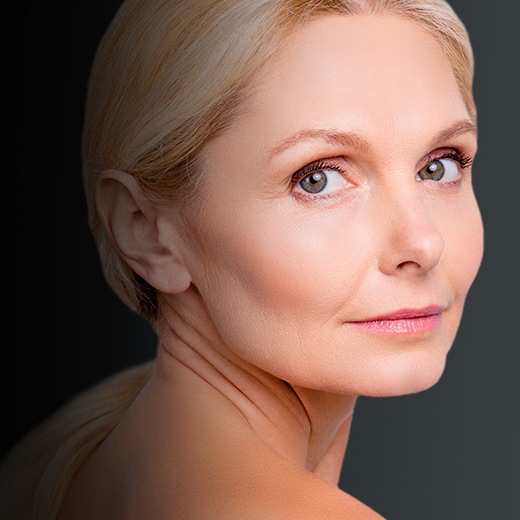
Body Contouring
Discover the Art of Achieving a Naturally Toned Appearance
Target your top 7 skin concerns with one bi-layered treatment plan with Cynoglow
Learn moreLearn how you can discover your own beautiful from the outside in.
From body shaping and contouring to hair removal, skin revitalisation, and your gynecological health.
View all
Discover the Art of Achieving a Naturally Toned Appearance

Diminish the natural signs of aging without injectables or downtime.

Reduce unwanted hair quickly and effectively.

Get rid of age spots and sun damage quickly and effectively.

For millions of women, changes in their health may interfere with their personal lives. Now there are options.
Ready to find your beautiful? Get started by locating a Cynosure provider near you.